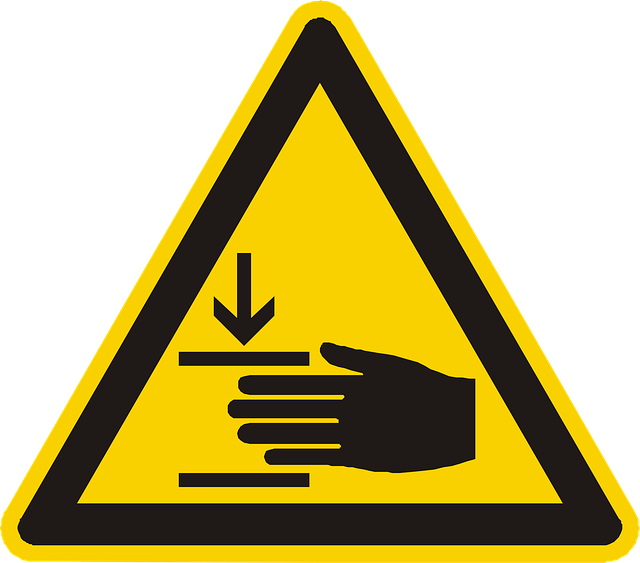Landlords bear legal responsibility for dog bite safety, regardless of tenant ownership. They must understand and comply with varying dog bite laws to avoid liability for injuries caused by dogs on their properties. Tenants should be educated about pet responsibilities, and landlords should secure adequate insurance coverage, consult a lawyer, and review rental contracts with clear pet policies.
In the intricate relationship between landlords and tenants, understanding dog bite laws is paramount. As pet ownership continues to rise, landlords must grasp their legal responsibilities regarding dog-related incidents. This article delves into the complexities of dog bite liability for landlords, exploring tenant education as a key strategy for risk mitigation. By examining these aspects, we aim to guide landlords in protecting tenants and safeguarding their interests, ensuring compliance with evolving dog bite laws.
- Understanding Dog Bite Liability for Landlords
- Legal Responsibilities and Tenant Education
- Protecting Tenants and Your Interests
Understanding Dog Bite Liability for Landlords

Dog bite laws vary significantly from state to state, but landlords need to be aware that they can still bear liability for dog-related incidents on their properties. Even if a tenant owns a dog, landlords are responsible for ensuring the safety of others on their premises. This includes taking proactive measures to prevent potential dog bite injuries and addressing any issues promptly.
In cases where a dog bite occurs, landlords may face legal repercussions and be held liable for injury compensation. It’s crucial to understand that dog bite laws not only protect victims but also set guidelines for responsible pet ownership. Moreover, landlords should be cautious about the presence of aggressive dogs or those with a history of biting, as these could lead to caregiver abuse and even necessitate the involvement of a truck accident attorney in extreme cases.
Legal Responsibilities and Tenant Education

Landlords have a legal responsibility to understand and adhere to dog bite laws, which vary across jurisdictions. In many places, landlords can be held liable for injuries caused by their tenants’ dogs, especially if they were aware of the animal’s dangerous tendencies and failed to take necessary precautions. This liability extends not only to physical harm but also to any resulting medical negligence or medical malpractice. Tenants, too, play a crucial role in this scenario. They should be educated about their responsibilities regarding dog ownership, including proper training, leash laws, and public safety measures. By fostering tenant education, landlords can create a safer environment for everyone.
If a dog bite incident occurs on the property, tenants must report it to their landlord immediately. This step is essential in facilitating prompt action and potential legal protection. Landlords should also ensure they have adequate insurance coverage that includes liability for dog-related incidents. Consulting with a personal injury lawyer experienced in dog bite cases can help landlords understand their rights and obligations, ensuring they remain compliant with local dog bite laws.
Protecting Tenants and Your Interests

Protecting tenants is a key aspect of responsible landlordship, especially when it comes to potential risks like dog bites. Dog bite laws vary across regions, but landlords should be aware that they often bear some liability for incidents on their premises. This includes ensuring that tenants’ pets are well-behaved and trained, as well as having adequate insurance in place.
By reviewing rental contracts with a focus on pet policies, you can mitigate potential risks and protect your interests. These agreements should clearly outline responsibilities regarding pet care, behavior, and any associated costs or restrictions. Additionally, understanding the scope of your homeowner’s insurance policy is crucial. Many standard policies do not cover accident compensation related to pets, so landlords may need to purchase additional coverage to shield themselves from possible claims or contract disputes arising from dog-related incidents.
Dog bite laws are a crucial aspect of tenant safety and landlord liability. By understanding these regulations, landlords can protect their interests while ensuring tenants and their pets live safely and harmoniously. Educating tenants about responsible pet ownership is key to preventing bites and mitigating legal risks. Ultimately, navigating dog bite laws allows landlords to foster a secure environment, benefiting both tenants and property preservation.






